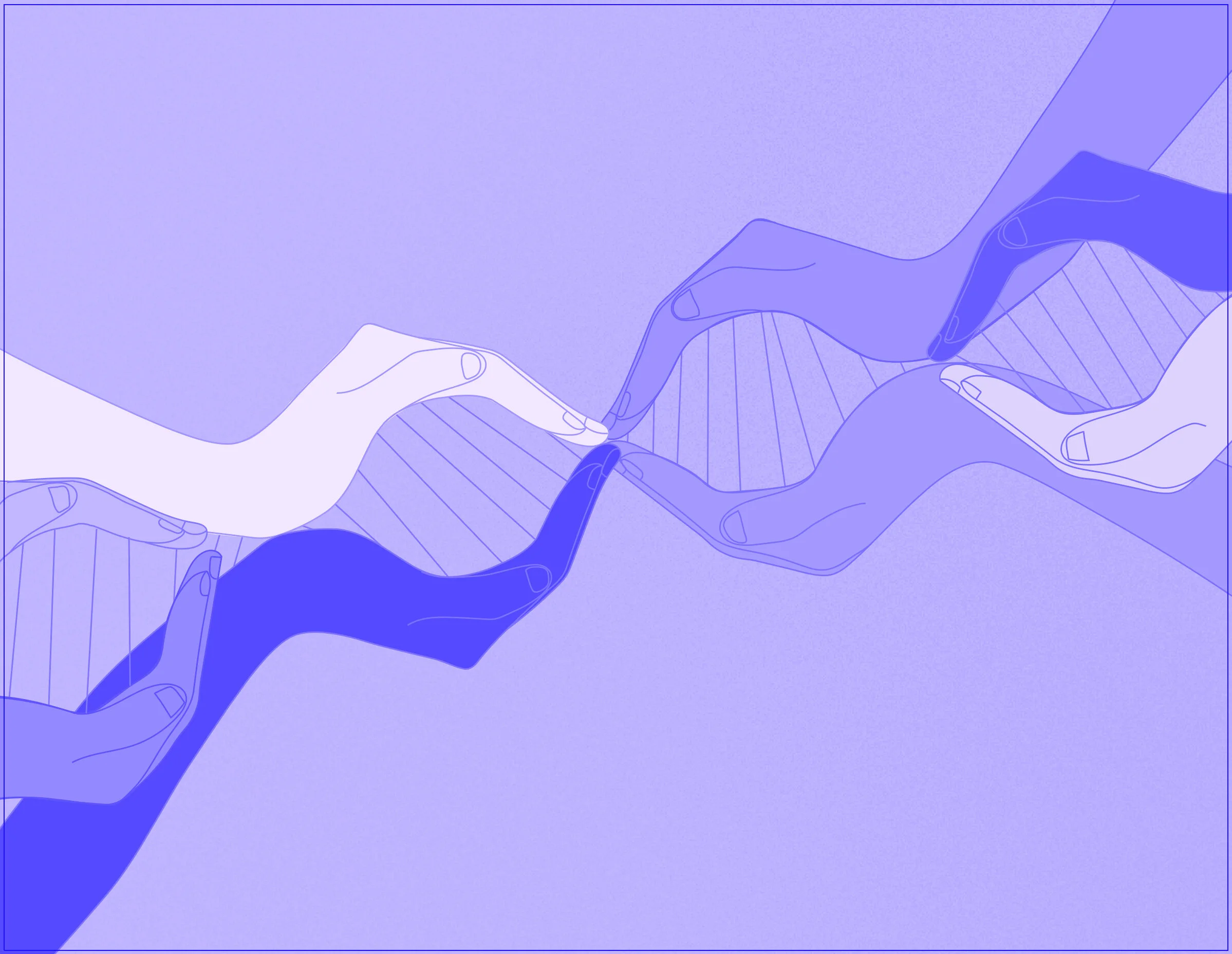Programming
Curating Science-Focused Experiences
Nothing energizes me more than putting on my curator hat. I’ve worked with folks from a variety of disciplines to create several projects, from a one-hour panel discussion about socioeconomic disparities in health care, to a multi-day program about genomics and identity. I’m interested in real-life questions and believe that incorporating diverse perspectives is the most effective way to answer them. Through curation, I enjoy finding ways to gather answers for why science is relevant in everyday life.
Inequity in Healthcare Panel
Biotech Connection Los Angeles
Biotech Connection Los Angeles (BCLA) is an organization run by students, postdocs, and young professionals from all over Los Angeles. Our mission is to facilitate the connection between academics across disciplines with each other and the biotech industry to move innovation forward and expand their impact on healthcare.
BCLA engages our community through educational events such as seminars, workshops, panel discussions, and networking opportunities that provide unique inside and industry perspectives. We help foster on-campus conversations between biotech professionals and young academics who strive to be future industry leaders.
The Impact of COVID-19 on LA’s Community of Color.
I’m a Media & Marketing Associate at BCLA. As part of the 6th Annual Biotech Summit, I helped put together a timely panel on the impact of COVID-19 on LA’s community of Color, with Outreach Lead Sadhna Rao and Dr. Angel Gonzalez.
This diverse and dynamic panel featured Dr. Katya Corado, Investigator at The Lundquist Institute; Dr. Reginald Tucker-Seeley, Assistant Professor and Chair in Gerontology at USC Leonard Davis School of Gerontology; Carmen Ibarra, CEO at The Achievable Foundation and Board Chair of the Community Clinical Association of Los Angeles County; and Dr. Edward Jones-Lopez, Assistant Professor of Clinical Medicine at USC Keck School of Medicine, as well as amazing moderator Yordanos Gebretatios, former Executive Director of LA Bioscience Hub. The thought-provoking discussion covered gender, race, color, homelessness, and veteran community-related healthcare inequality issues.
0.1% at NAVEL
NAVEL is a non-profit cultural organization and multipurpose community space with a central location in downtown Los Angeles. We empower a range of creative projects and practices that ignite our collective imaginaries and expand our capacity to cooperate in holistic, pleasurable, and emergent ways. Through membership, programs, and events, we bring people together and create opportunities to engage and experiment with caring and collaborative ways of thinking, being, organizing, and making.
In 2018, I had the opportunity to join the programming committee at NAVEL and organize a public program. I wanted to curate a program at the intersections of art, science, and public health, exploring how genomics impacts us all, sometimes without us even knowing.
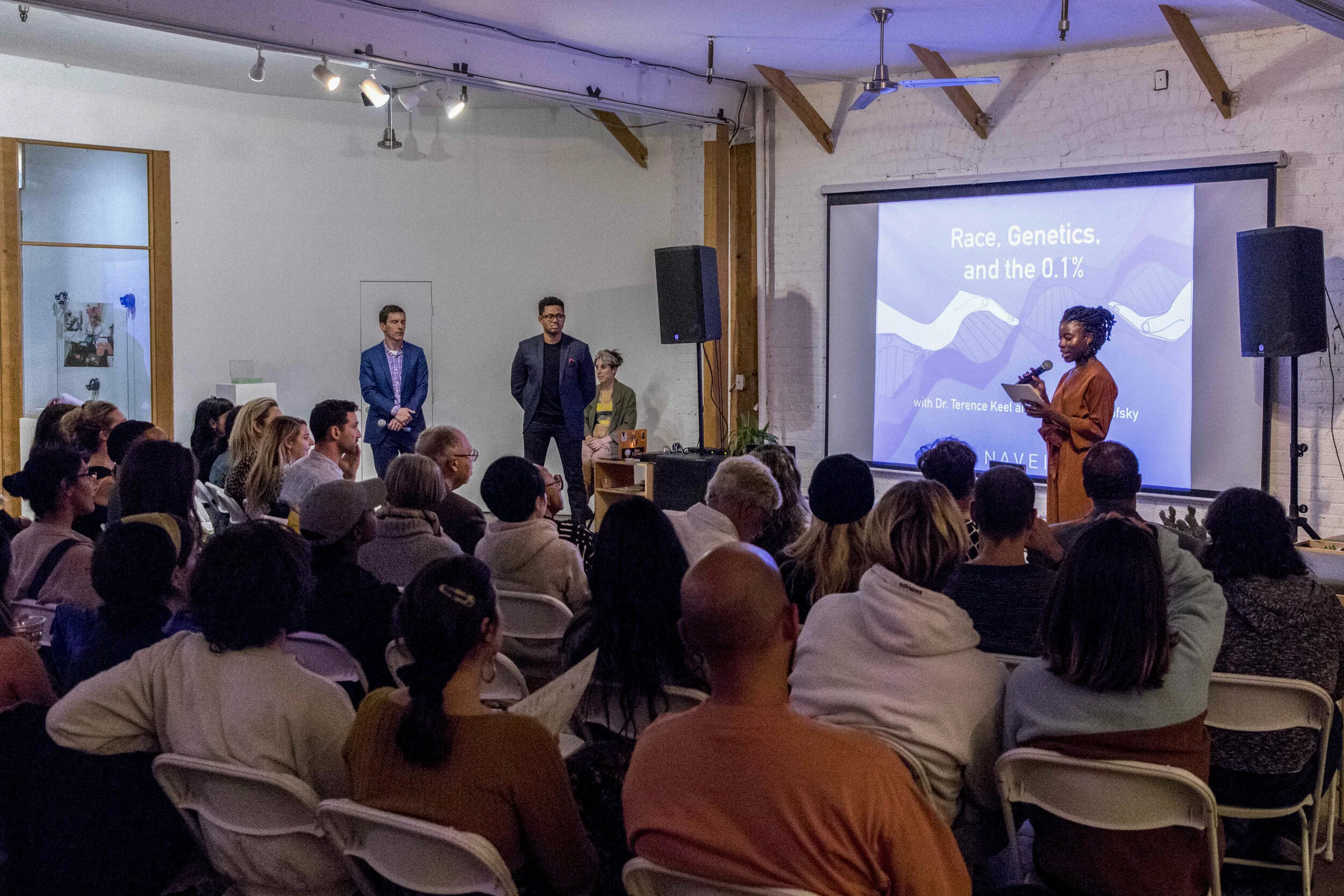
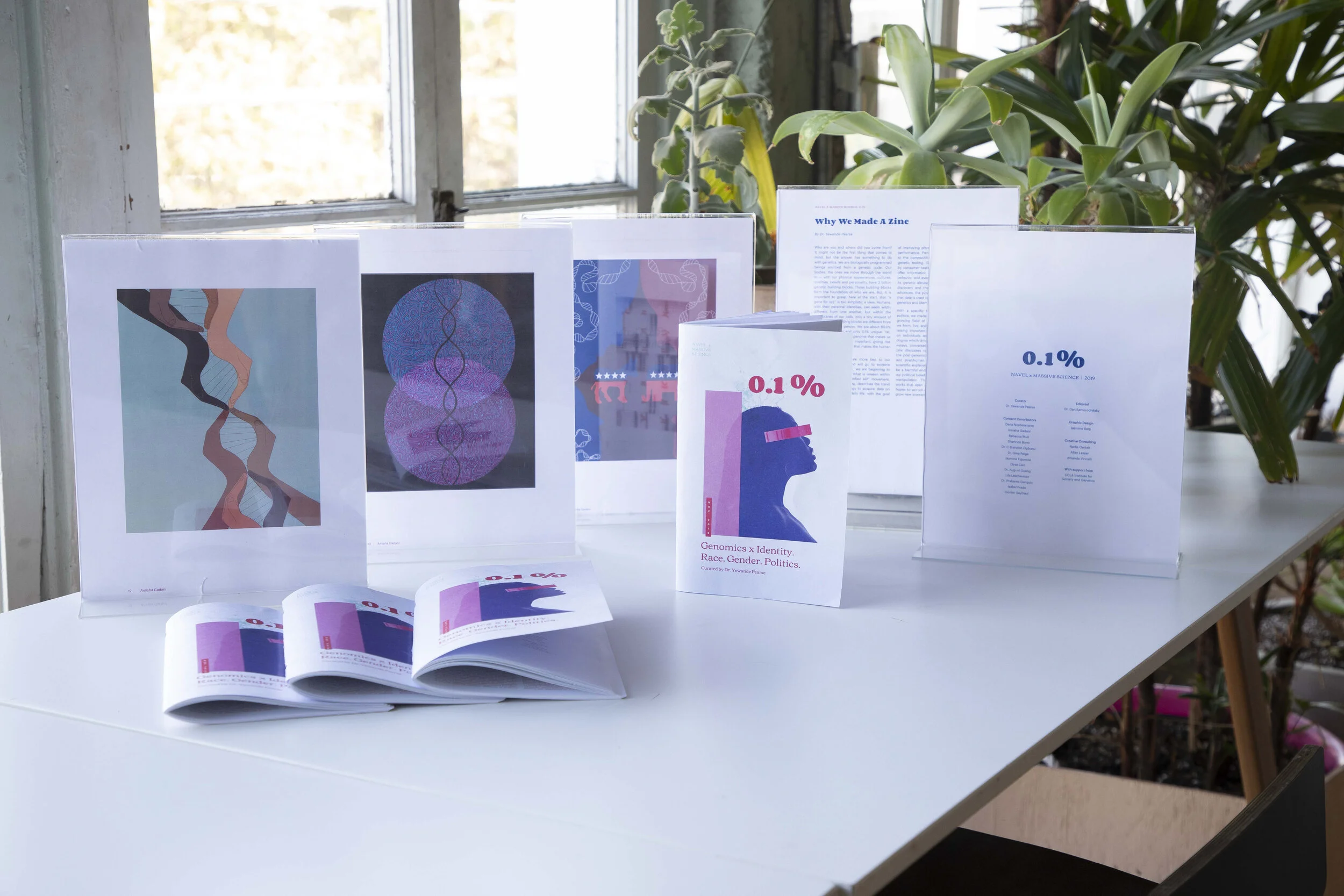
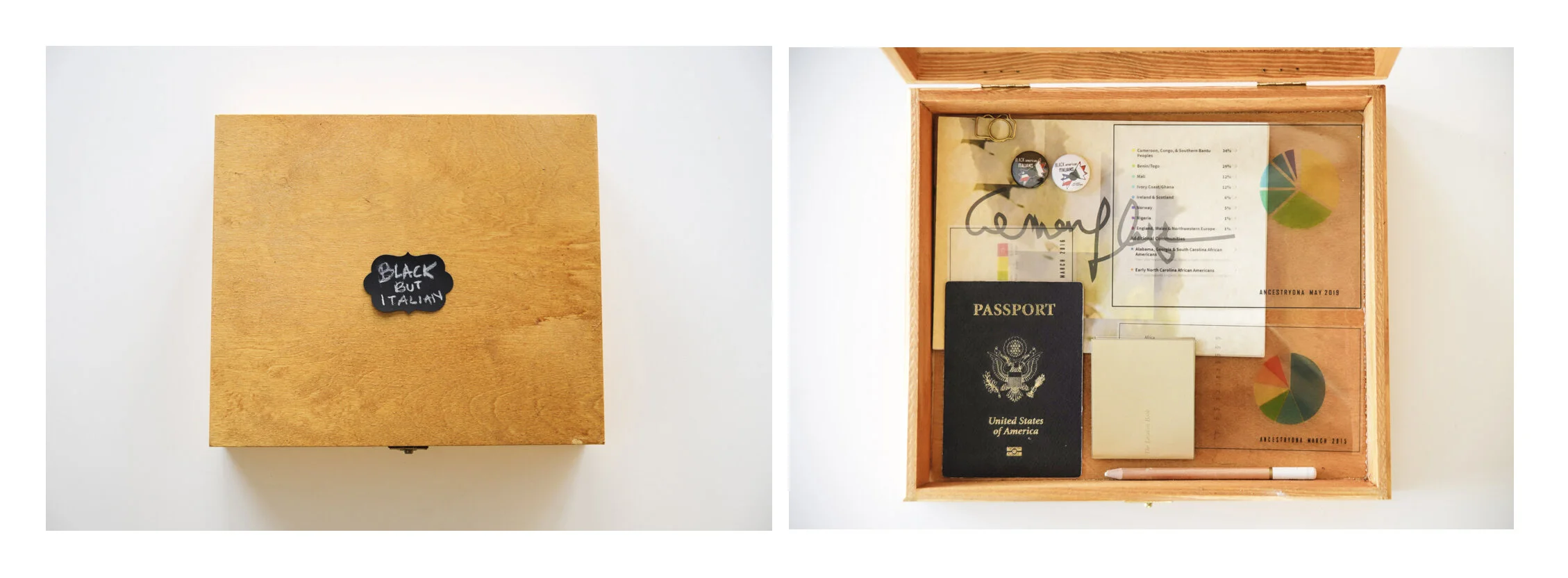
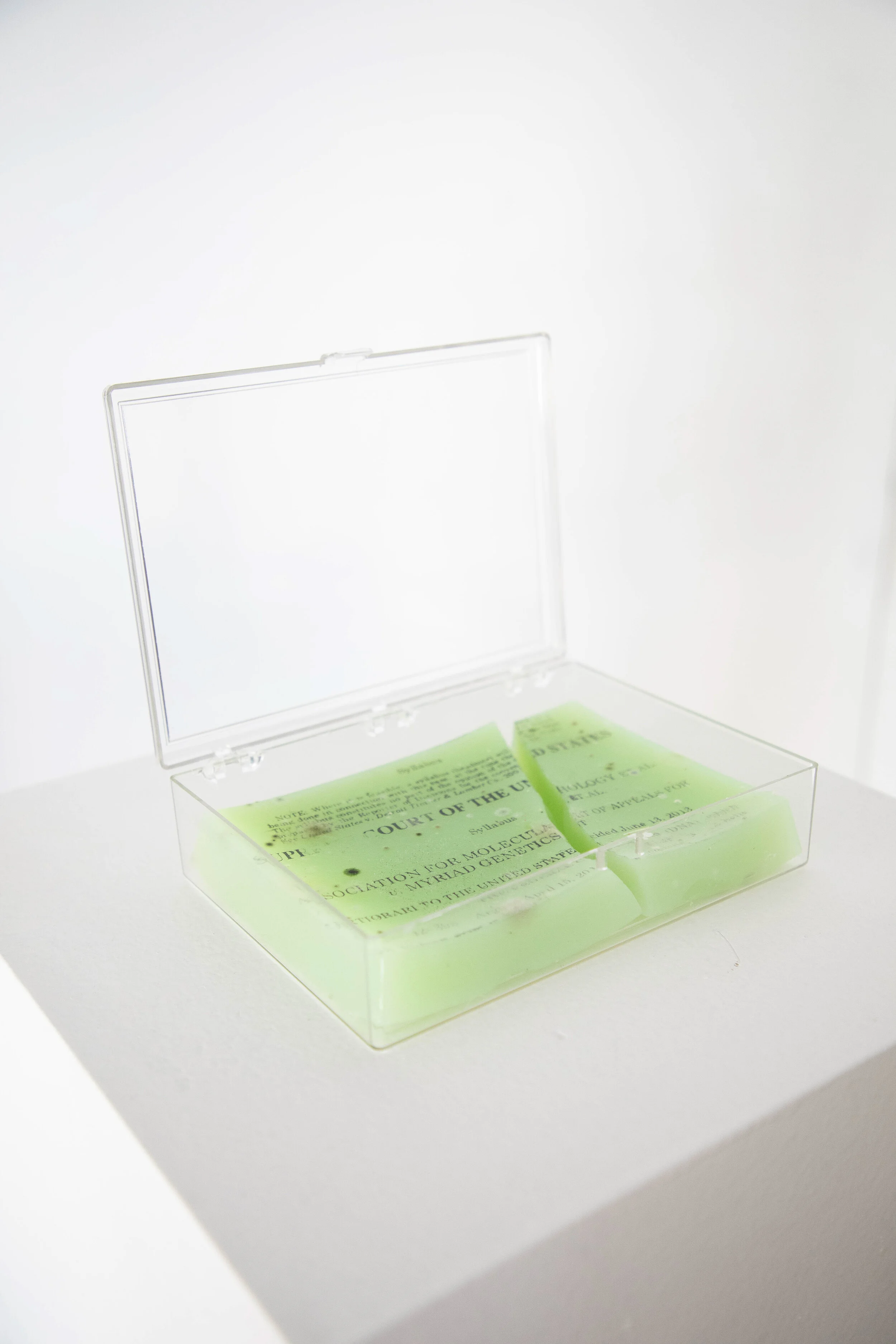
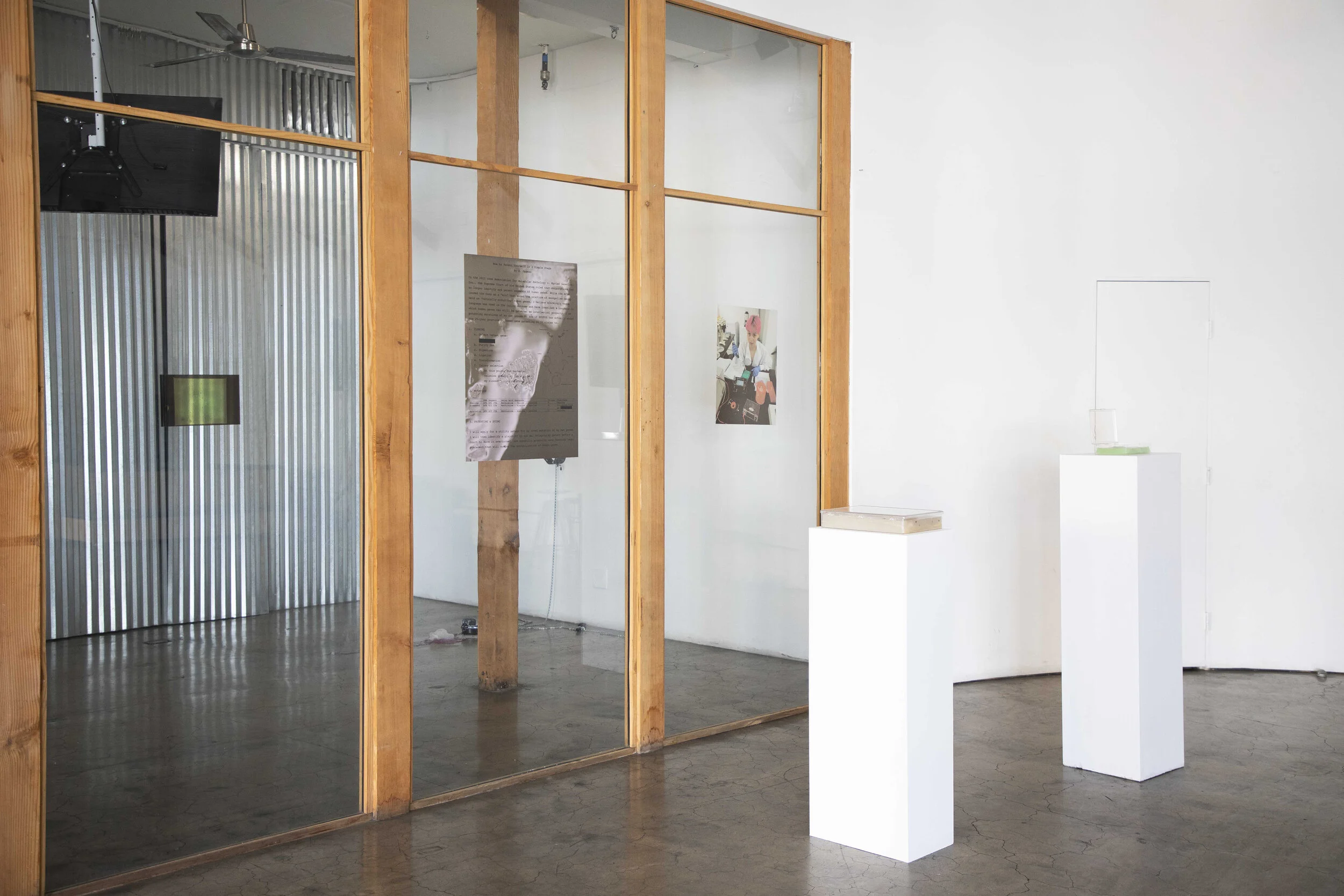
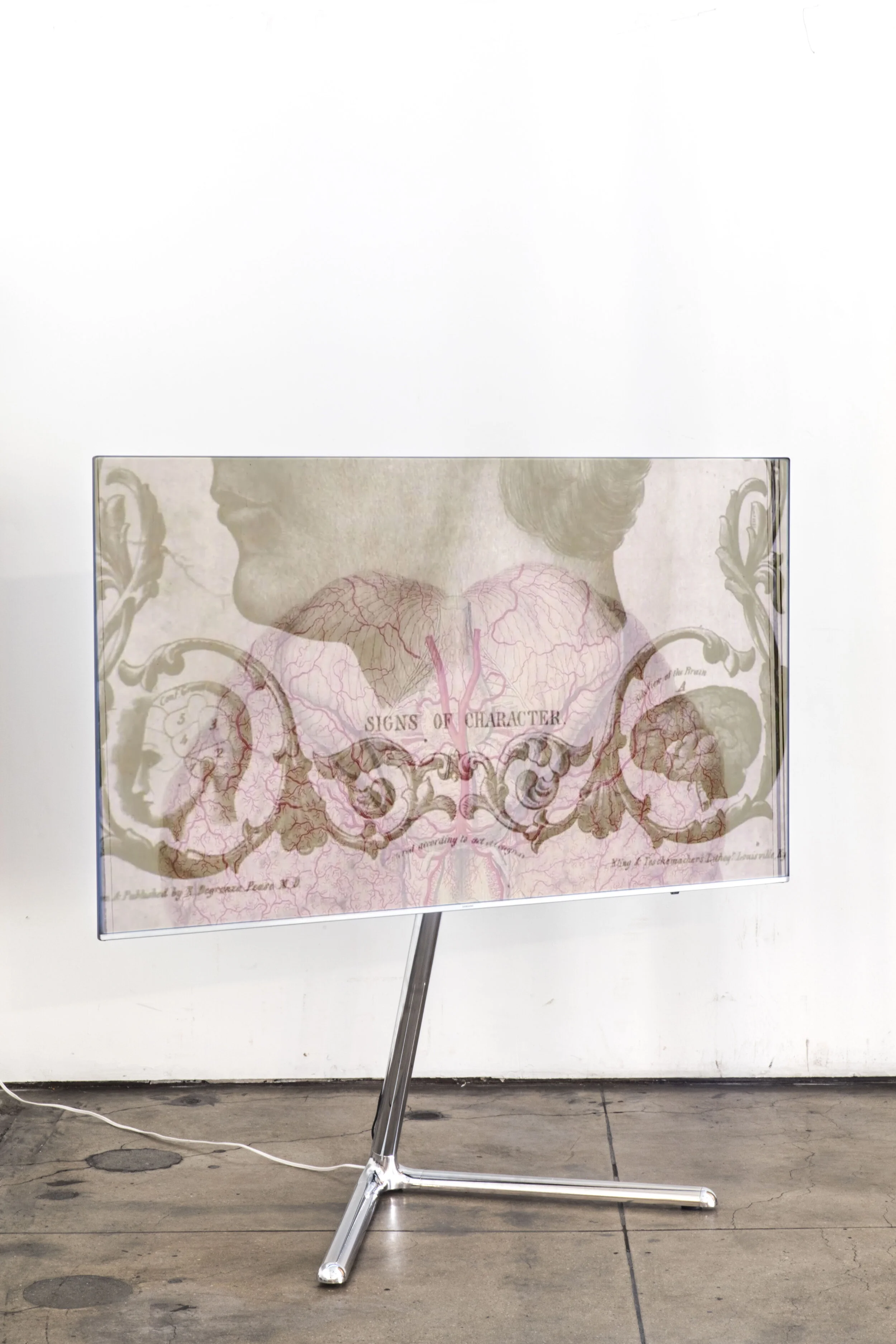
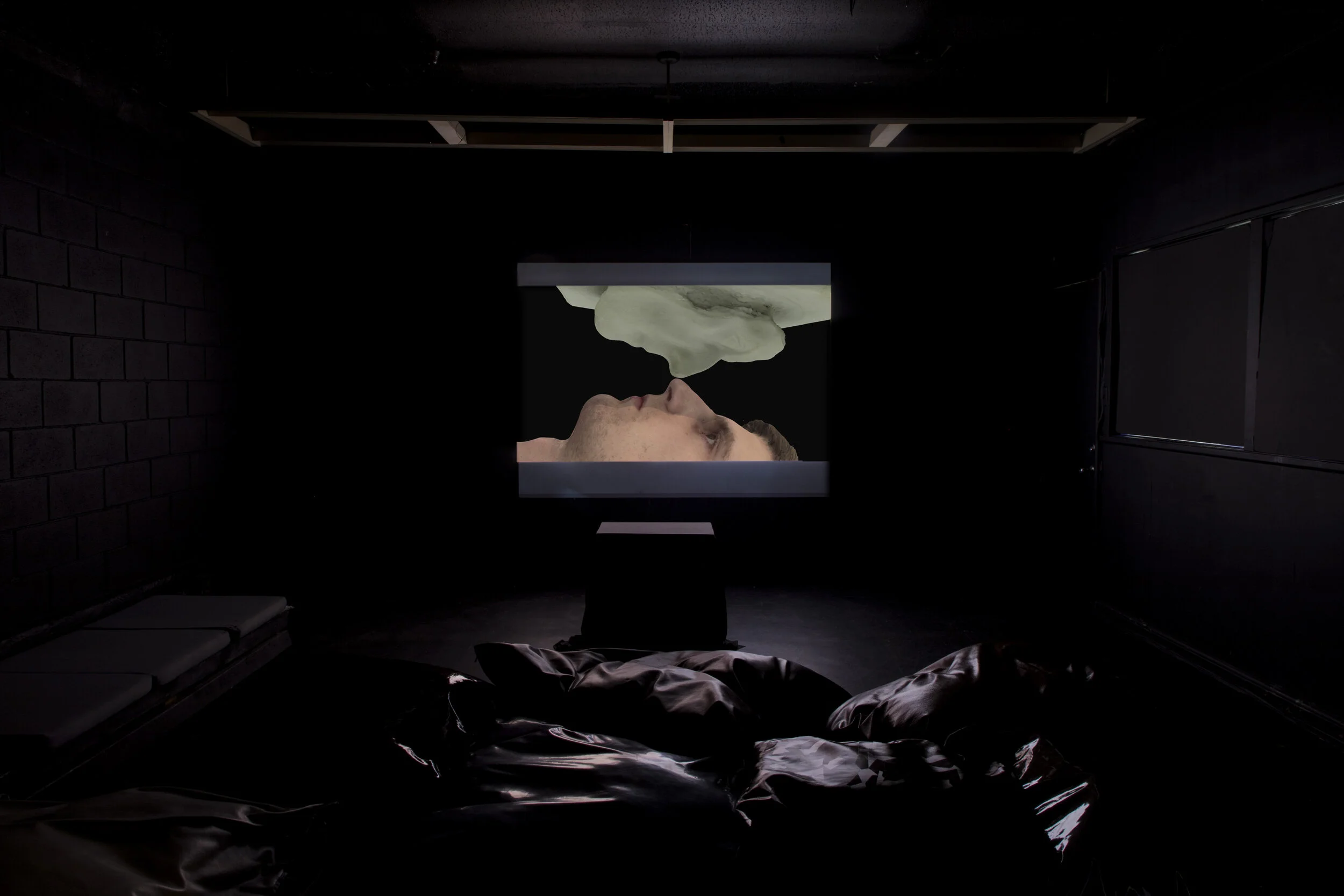
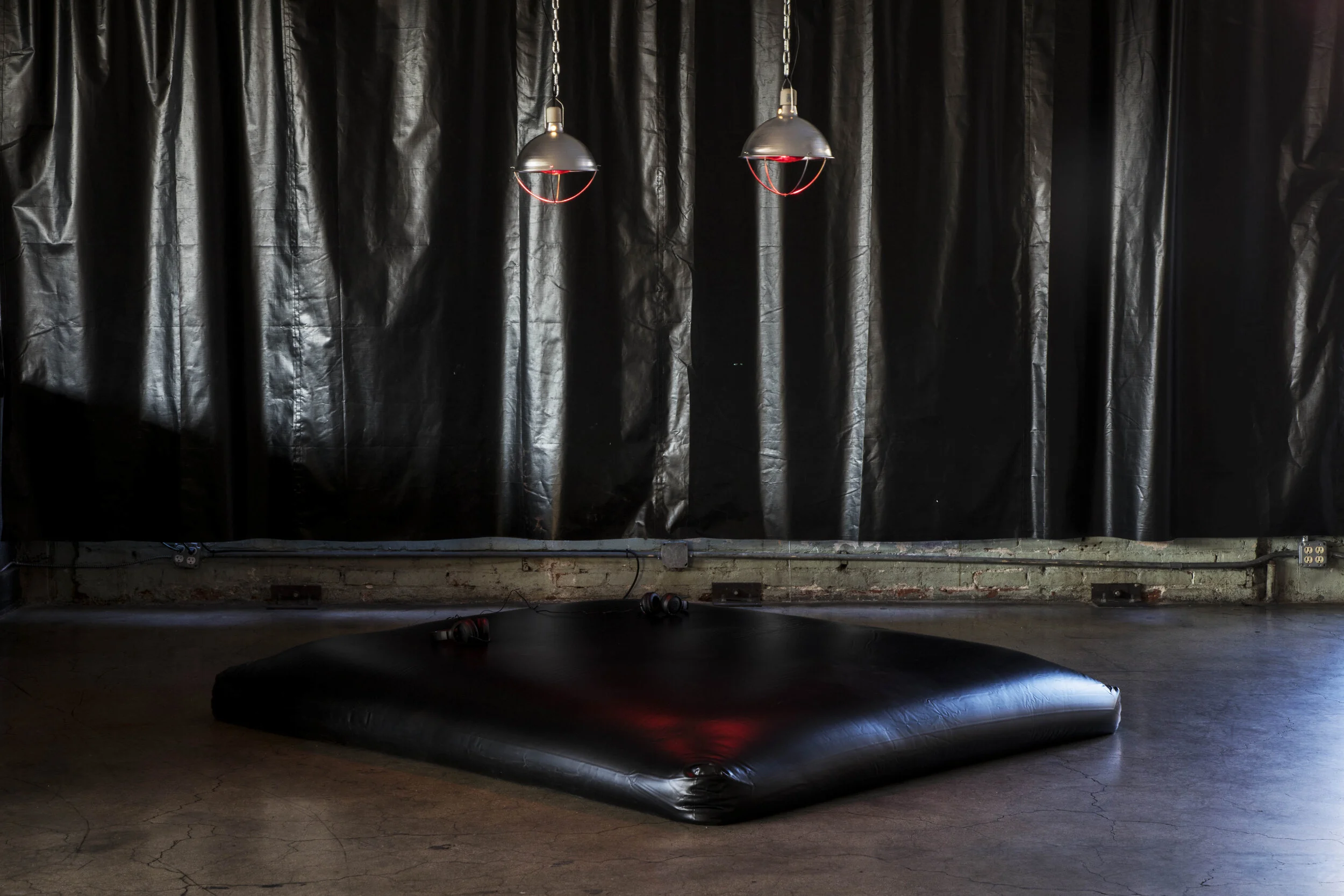
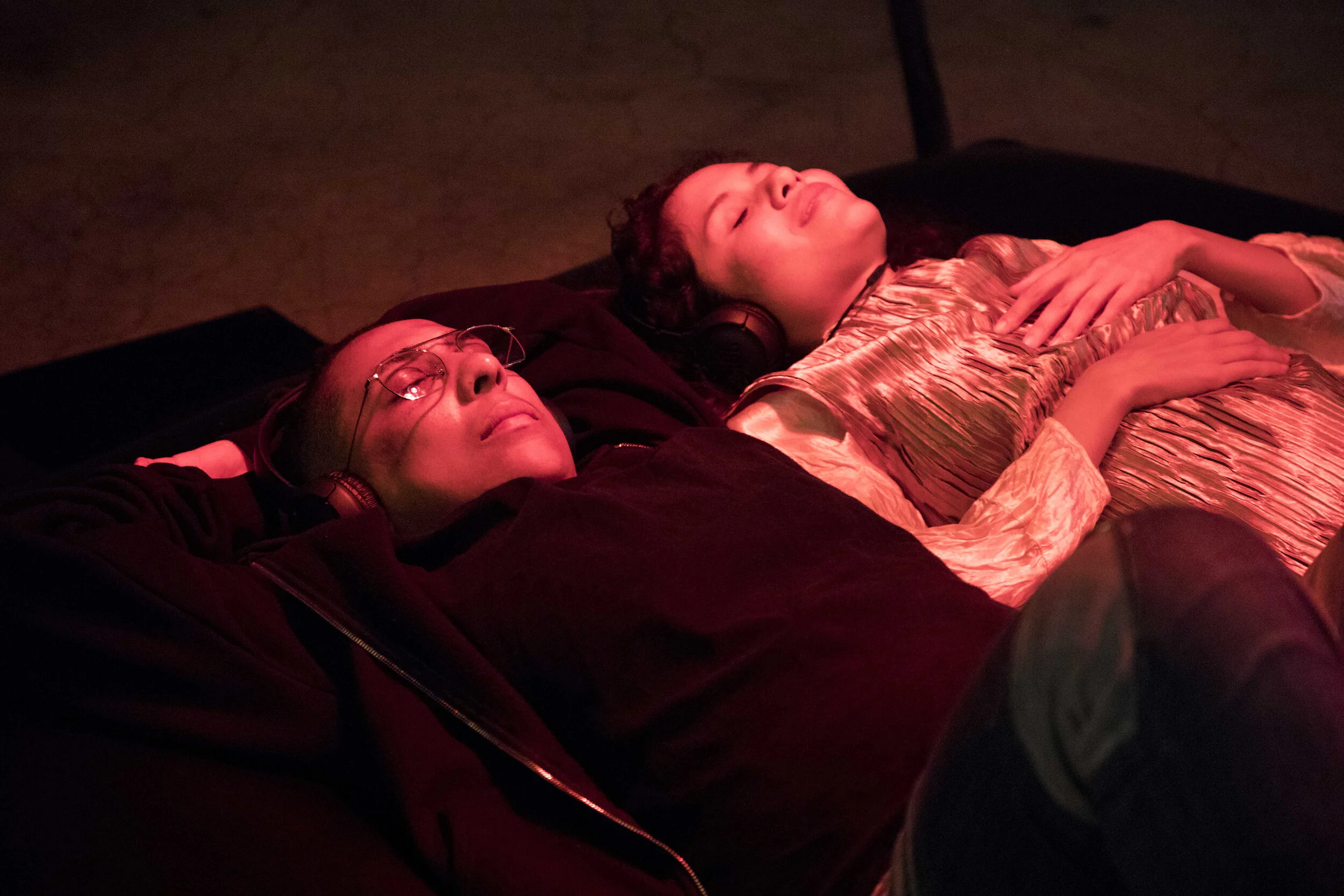
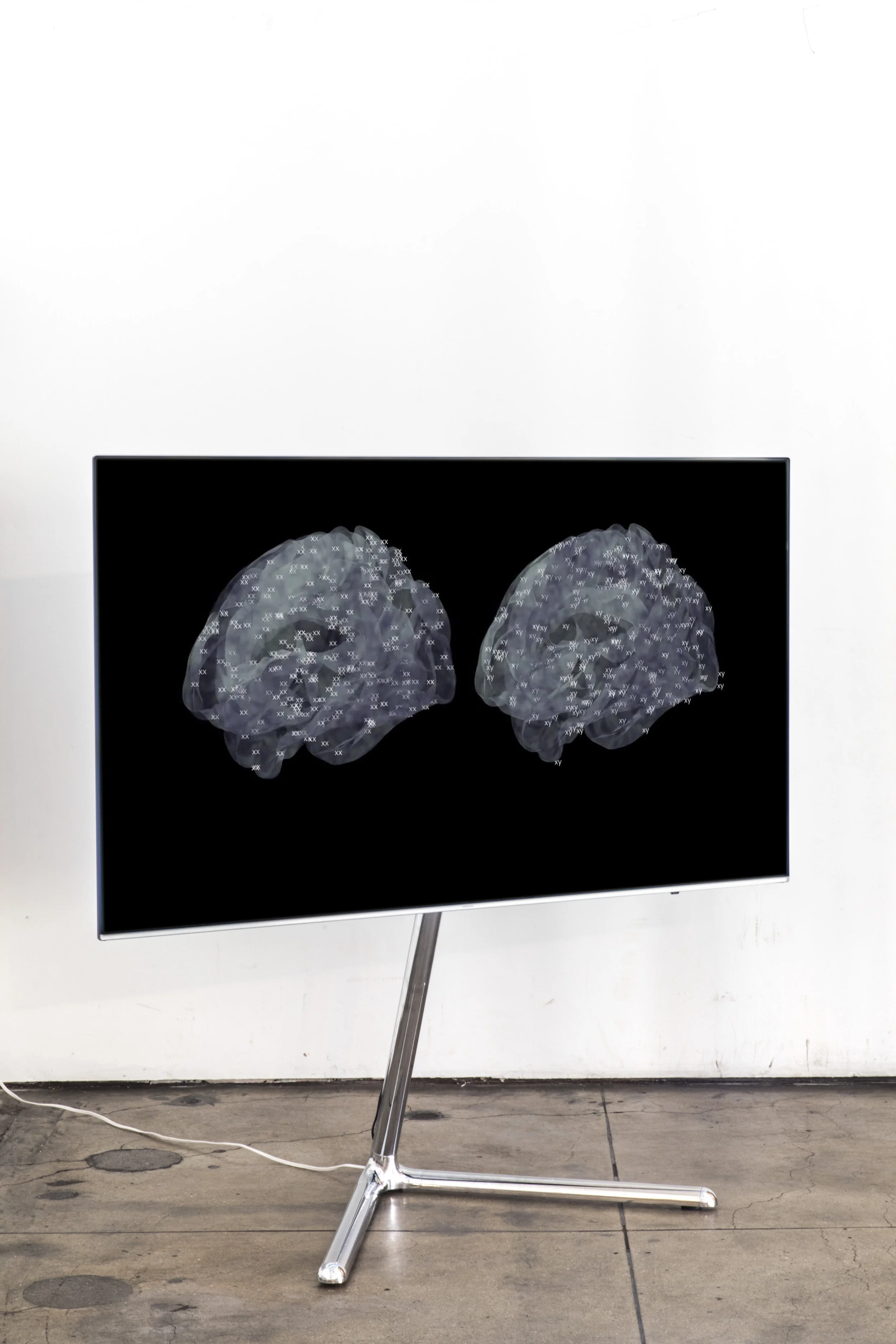
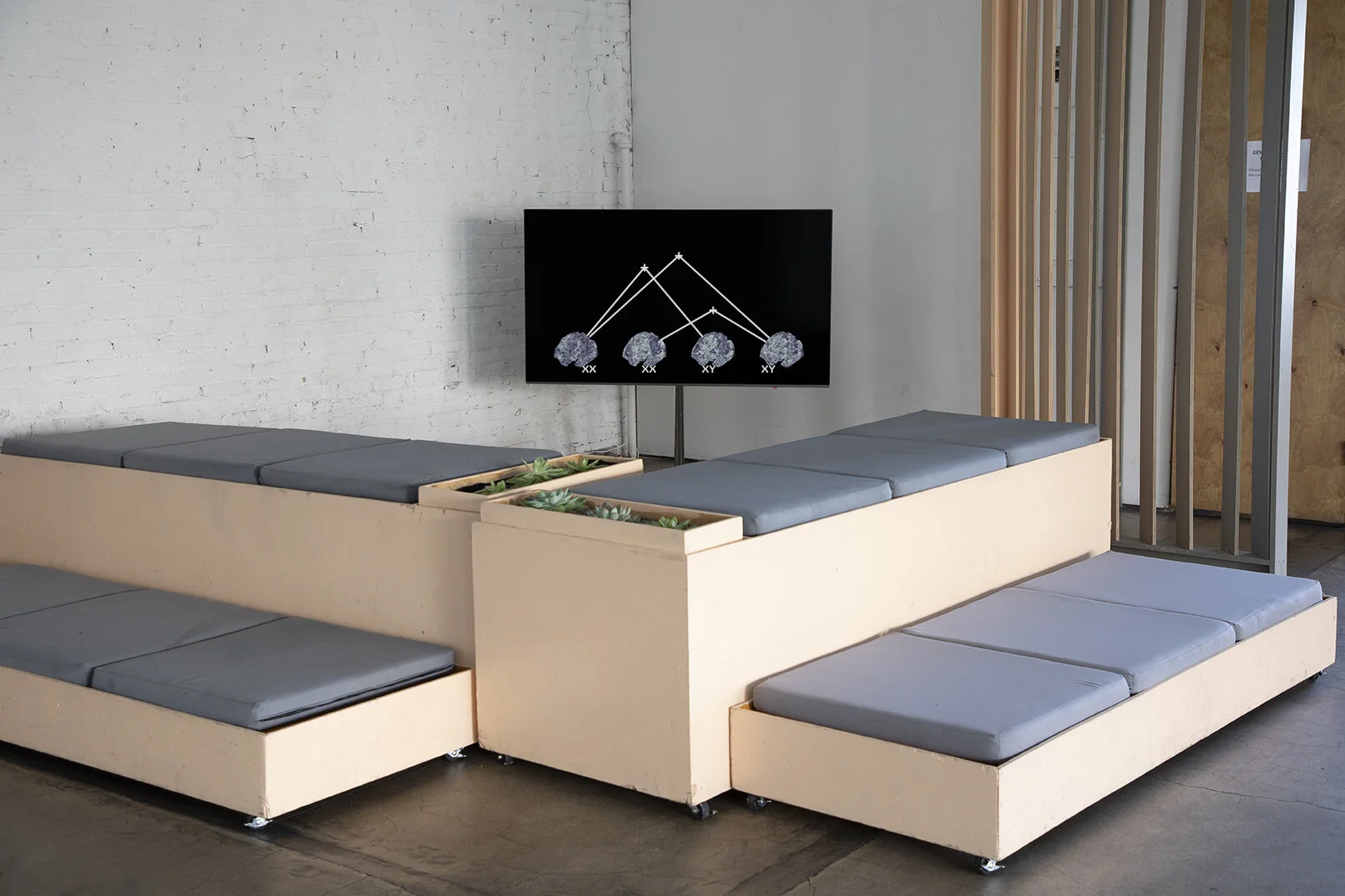
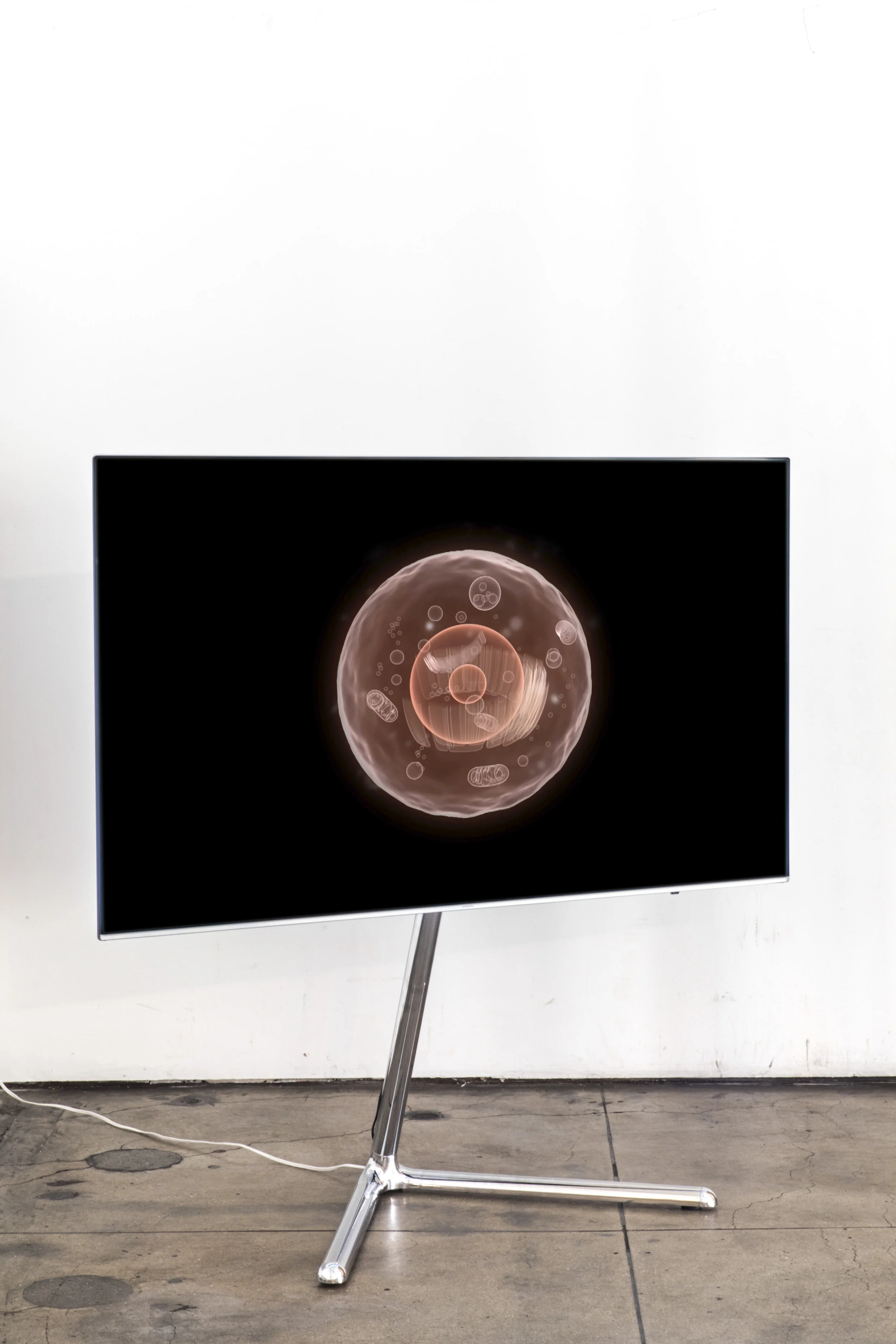
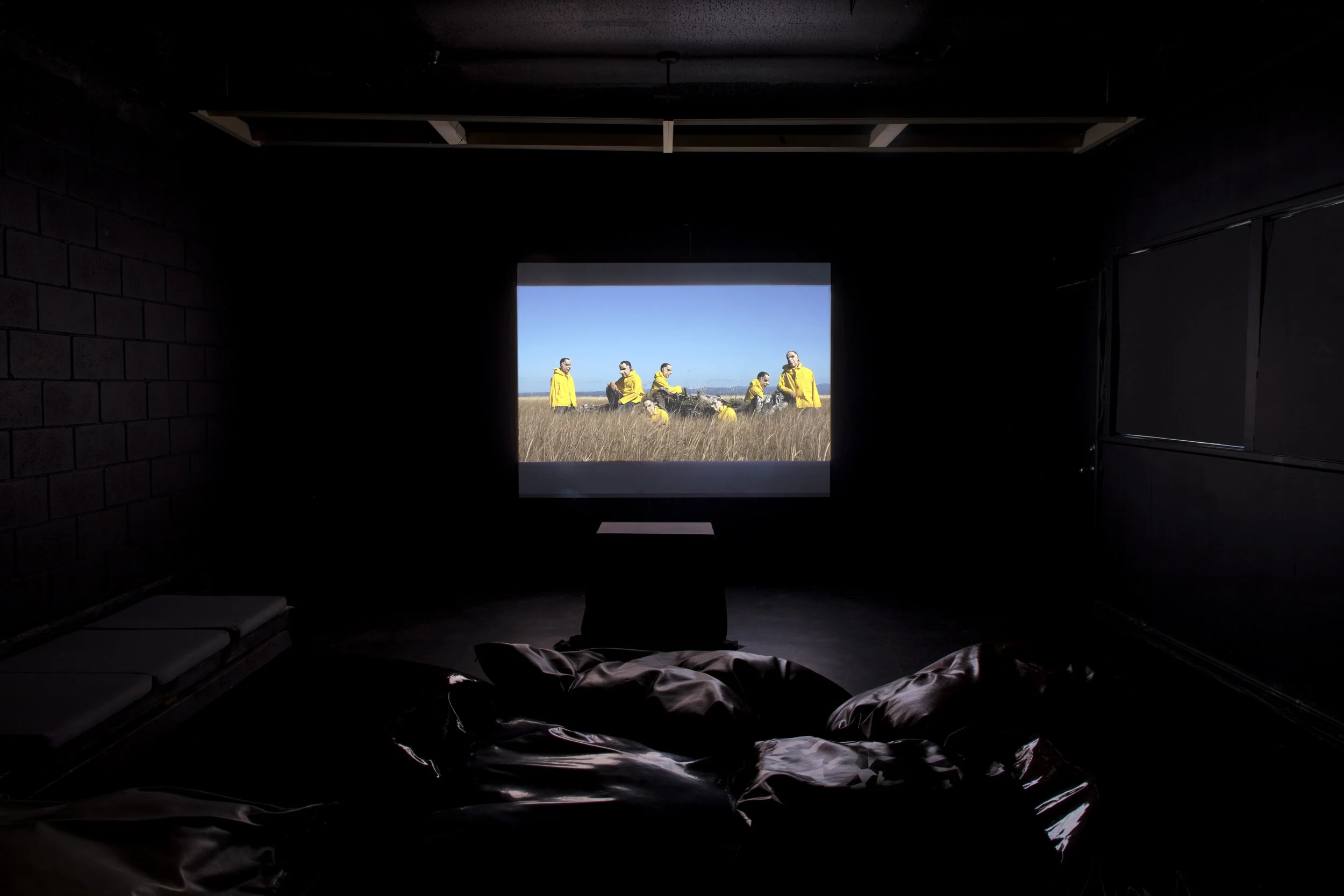
About 0.1% program
Our DNA – the script of our lives – is 99.9% the same across the human species. But differences in the remaining 0.1% hold important clues to who we are as individuals – a reality that begat the “quantified self” movement. The movement, also known as lifelogging, describes the trend towards using technology to acquire data on aspects of a person’s daily life, with the goal of improving physical, mental, and/or emotional performance.
Genetic information acquired by consumer testing companies like 23andMe can illuminate inner resources and limitations, functioning as a kind of oracle into the secrets of our bodies, identities and individualities. Still, many questions remain unanswered in regards to the impact of such inquiry on notions of the self and the socio-political.
Spanning over 5 days, this program demystifies how genomics inform identity with an exhibition, a presentation by Dr. Aaron Panofsky and Dr. Terence Keel from the UCLA Institute for Society and Genetics, and the release of a NAVEL x Massive Science collaborative zine (more info below) on the impact of genomic studies on three aspects of identity: race, gender and politics.
0.1% Zine
NAVEL teamed up with Massive Science to create 0.1%, Genomics x Identity: Race. Gender. Politics., a zine which focuses on how genomics informs identity.
With a specific focus on race, gender, and politics, the zine explores how the growing field of genomics is changing how we form, live, and understand our identities — raising important questions about its impact on individuals and society, as well as the dogma that drives scientific inquiry. Through essays, conversations, and artistic works, this zine discusses race, risks, and reparations in the post-genomic era, indigenous sovereignty, and post-human futures, why searching for scientific explanations for sex and gender may be a harmful endeavor, the heritability of our political beliefs, genetic privacy, and genetic manipulation.
This 72-page, full-color zine, comprising original works that span art, humanities, and science, hopes to uproot old questions of identity and grow new answers under a genomic light.
.
Massive x NAVEL 01% zine
Yewande Pearse, Curator
Dr. Dan Samorodnitsky, Editor
Jasmine Sarp, Graphic Designer
Amisha Gadani, Illustrator
Rebecca Muir, Content Contributor
Dr. C Brandon Ogbunu, Content Contributor
Dr. Gina Paige, Content Contributor
Jazmina Figueroa, Content Contributor
Elysa Carr, Content Contributor
Dr. August Guang, Content Contributor
Lila Leatherman, Content Contributor
Dr. Prabarna Ganguly, Content Contributor
Dana Nordenstrom, Content Contributor
Isabel Prade, Featured Artist
Günter Seyfried, Featured Artist
Shannon Bono Featured Artist
Allan Lasser, Creative Consulting
Amanda Vincelli, Creative Consulting
Nadja Oertelt, Creative Consulting
0.1% Exhibition
With ever more access to our genetic information, the 0.1% exhibition explores what it means to uncover the genetic roots of who we are and who we could be.
Our ancestral differences reflect only a 0.1 percent difference in DNA. Yet, three million non-negligible differences lie in this 0.1%. How does genomics inform identity? How does it influence the ways in which we relate to others?
The exhibition includes works by ArP (Alessia Petrolito), Analisa Teachworth, Em Minyard Oppman, Fred Schmidt-Arenales, Isabel Prade, PHILTH HAUS, Zhiwan Cheung, Charlie Tweed, Cameron Duguid, and Dr. Dan Lloyd
Race, Genetics and the 0.1%
Opening the 0.1% program, in conjunction with the launch of the NAVEL x Massive Science 0.1% zine, Associate Professors Dr. Terence Keel and Dr. Aaron Panofsky from the UCLA Institute for Society and Genetics present on what it means to have 0.1% of the variation between people.
Through their presentation, they will demonstrate how there are multiple ways to think about the percentage of genetic difference, not only within groups but also between humans and non-humans. They will also speak to contemporary issues surrounding the health implications of genetic differences and the use of scientific data to support white supremacist arguments that are fundamentally unsound.
Aaron Panofsky is an Associate Professor of Public Policy at the Institute for Society and Genetics at the University of California, Los Angeles.
Terence Keel is an Associate Professor with a split appointment in the Department of African American Studies and the UCLA Institute for Society and Genetics.
Tribeca Hacks
An initiative from Tribeca Film Institute and CERN, the five-day “Story Matter” hackathon was the first international, science-focused edition of the Tribeca Hacks program. Intended to birth interactive stories, the program will cross-pollinate filmmakers and scientists to create long-term, forward-thinking media using visuals and data, not just traditional formats like film.
I joined a team of story tellers, designers and technologists to create a proto project called ‘The Naughty Gene’, presented at the 2012 CineGlobe Film Festival.
'The Naughty Gene’ is a multi-platform narrative exploring the hidden stories around an incurable and fatal brain disease affecting children and young adults. The project is inspired by the real-life stories of the families, teachers, and nurses who care for the children and the scientists who are searching for a cure.
The Naughty Gene is experienced as an interactive installation in which participants face the difficult decisions of the scientists and the parents. The user enters the installation to find themselves in a doctor’s waiting room. There, they receive the shocking diagnosis. From the waiting room, the user has the choice to enter through one of two doors. One door will take them into the world of The Scientist, the other door will take them into the world of The Parent. As the user progresses through the installation, they move through different environments, such as a lab or the child’s bedroom, where they are faced with true-to-life choices.
The decisions they make determine the exact story that will ensue. At certain key points, there will be an overlap between the two parallel worlds, allowing the user to appreciate the other side of the story. As well as interactive props, the installation will use video/audio via projection mapping and at the end of the live installation, participants receive a printout with the choices they made.
The aim is for participants to leave the experience with a better understanding of the interconnected stories of patients, carers, and scientists battling incurable diseases.


